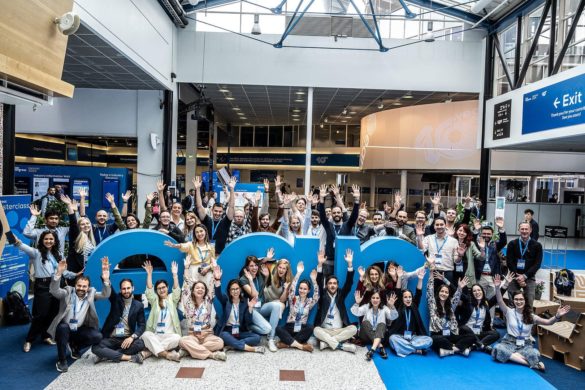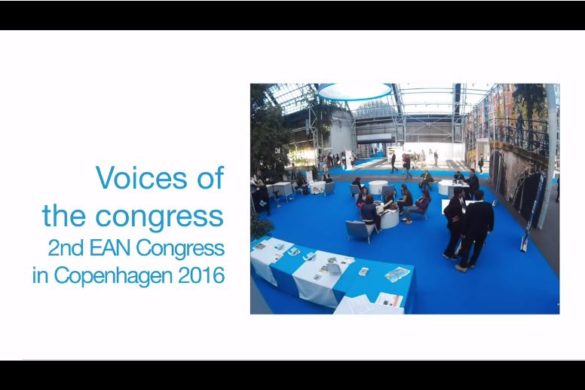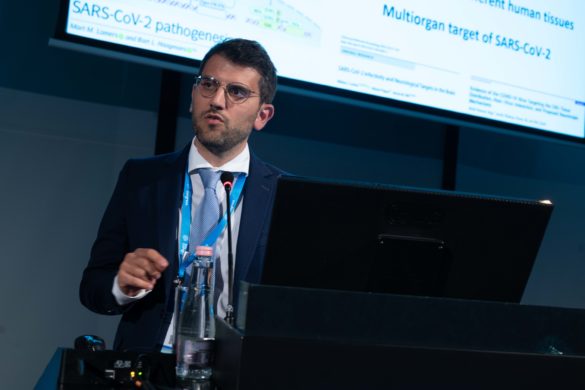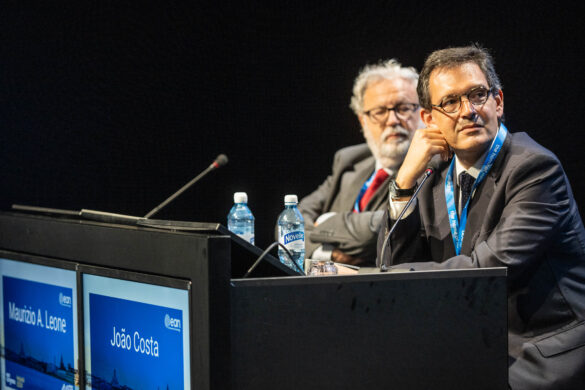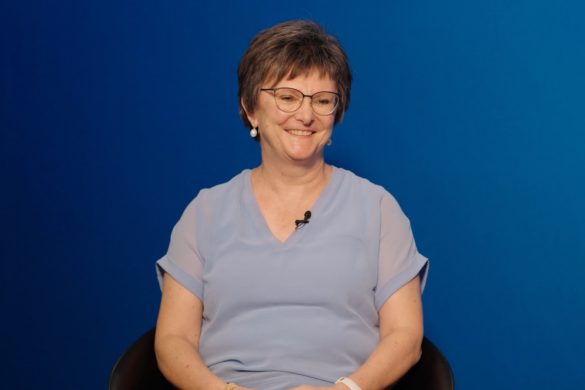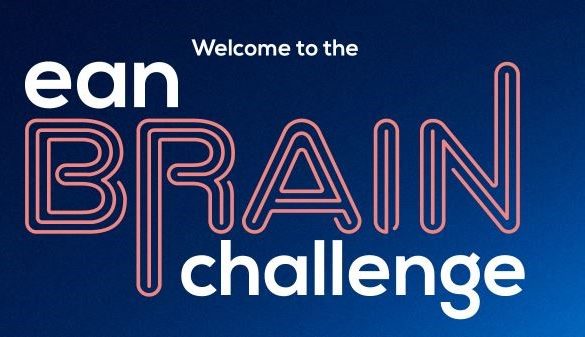by Vasilis-Spyridon Tseriotis
Aligning with EAN’s priorities for the promotion of diversity, equity, and inclusion in neurology, the scope of this networking session was to offer practical advice regarding the challenges that women may face in their clinical and academic careers by bringing together female neurologists from different ethnic and cultural backgrounds.
Reetta K. Kälviäinen from Helsinki, Finland, inaugurated the session by mentioning her country’s milestones in gender equality, highlighting the increase of women with political engagement. She tackled the issue of female representation in specific domains, focusing on the low percentages in science, technology, and mathematics. She even presented data on how women are underrepresented in clinical trials. Touching upon “credibility deficits” in the context of ageism against women, she criticized the notion that women are never the “right age” in their workplace, startling the audience with her own experience of rejection at the age of 58 due to her “already advanced career” despite “wide international recognition.” Kälviäinen stressed serious issues like the exclusion of women from scientific or medical panels and the sexual harassment that women in healthcare may face, which have ignited campaigns like #Manels and #MeTooMedicine. She continued by mentioning the role of family and “home” in gender equality, giving her personal example and explaining how our household’s ideas affect and shape our way of thinking, tolerance, and social behaviour both in our private life and work environments. Concerning parental leave policies, it was shown how Finland is the only country where the vast majority of fathers (80%) can equally contribute to their children’s needs. However, Kälviäinen pointed out the “competition” in a couple as an obstacle for a woman who wishes to pursue an academic career. She thus commented on a woman’s lost opportunities and compromises. Finally, to overcome those challenges, the following was suggested: reasonable working hours for all genders, mentoring, increasing the visibility of role models and positive examples of inclusion in education and the workspace, as well as engagement from senior leaders and stakeholders to tackle discrimination. Kälviäinen ended her speech with a wish for a collective endeavour to address inequity in neurology.
Maria Stamelou from Athens, Greece, began her presentation by admitting she had not thought of gender bias in her early career but started realising it after the first interruptions during meetings with fellow neurologists or after the first inappropriate and sexist comments as she advanced further. Addressing gender bias and inequity against women as a social phenomenon, she added that “gender bias has no gender” and that it is subconscious, as if we are “programmed” this way from previous generations. Providing scientific data on the persistence of gender bias in Europe for centuries and on the validation of the “Gender Bias Scale” for Women Leaders, she highlighted the impact of family ideas on the dissemination of this phenomenon across generations. Stamelou elaborated on women’s superimposed feelings of “guilt,” since they are often “accused” either of not being enough or of being too bossy and too determined for their goals (in this case, an academic or clinical career), sacrificing family time. The result? The gap between knowledge and confidence gets wider, and the attempt to project an appropriate image prevents women from speaking up. Stamelou also discussed the so-called “boy’s club mentality” that is being adopted by some women, which includes lack of acknowledgment for their contributions and limitations in their aspirations due to personal obligations. Lastly, she stressed that the realisation of gender bias is always the first step to overcome the problem. Moreover, the empowerment of women through seminars, interactions, and collaborations is needed, as well as organized inclusion strategies by leaders.
The audience received the presentations with enthusiasm. Both female and male participants embraced the significance of the session, and the discussion included advice on how to overcome sexist and inappropriate comments often directed at women. Equity remains a top priority in everyday life, and especially in competitive fields like medicine.





